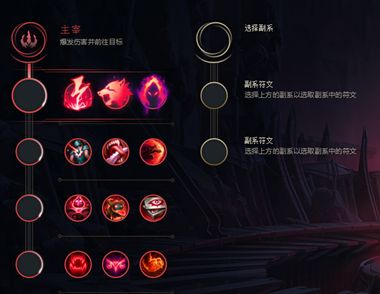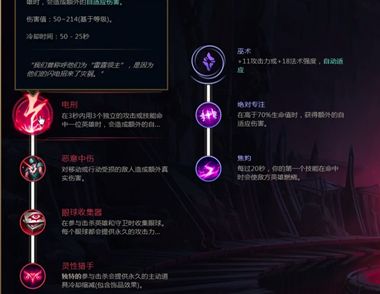1.scanf("%s",str)和gets(str)
scanf("%s",str)和gets(str)均可用于输入字符串到字符数组变量str,但scanf("%s",str)只读到输入字符的空格或回车处,而gets(str)读到回车处结束,所以当句子中单词由空格分开时要用后者来输入,如下图所示:

需要强调一点,scanf("%s",str)在遇到'n'(回车)或' '(空格)时输入结束,但'n'(回车)或' '(空格)停留在出入缓冲区,如处理不慎会影响下面的输入;gets(str)遇到'n'(回车)时输入结束,但'n'(回车)已被替换为'�',存储于字符串中,输入缓冲中没有遗留的'n'(回车),不会影响后续的输入。测试程序的代码为:
代码如下:
View Code
#includeiostream
#includestdio.h
using namespace std;
(本文来源于图老师网站,更多请访问http://m.tulaoshi.com/bianchengyuyan/)int main()
{
//freopen("//home//jack//jack.txt","r",stdin);
char str[80];
char ch;
cout"1、请输入一个没有空格的字符串:"endl;
scanf("%s",str);
cout"用scanf("%s",str)输入的字符串为:"strendl;
cout"再输入一次作为对比:"endl;
while((ch=getchar())!='n'&&ch!=EOF);
gets(str);
cout"用gets(str)输入的字符串为:"strendl;
cout"2、请输入一个有空格的字符串:"endl;
scanf("%s",str);
cout"用scanf("%s",str)输入的字符串为:"strendl;
cout"再输入一次作为对比:"endl;
while((ch=getchar())!='n'&&ch!=EOF);
gets(str);
cout"用gets(str)输入的字符串为:"strendl;
return 0;
}
其中while((ch=getchar())!='n'&&ch!=EOF);是处理输入缓存中的遗留的办法;fflush(stdin)方法对某些编译器不适用,不是标准C支持的函数。
2、printf(“%s”,str)和puts(str)
先看如下代码:
代码如下:
View Code
#includeiostream
#includestdio.h
using namespace std;
(本文来源于图老师网站,更多请访问http://m.tulaoshi.com/bianchengyuyan/)int main()
{
//freopen("//home//jack//jack.txt","r",stdin);
char str1[80]="hello";
cout"用printf("%s",str1)输出的字符串为:";
printf("%s",str1);
cout"用puts(str1)输出的字符串为: ";
puts(str1);
char str2[80]="hello world";
cout"用printf("%s",str2)输出的字符串为: ";
printf("%s",str2);
cout"用puts(str2)输出的字符串为: ";
puts(str2);
return 0;
}

从运行结果可以看出,printf(“%s”,str)和puts(str)均是输出到'�'结束,遇到空格不停,但puts(str)会在结尾输出'n',printf(“%s”,str)不会换行。printf(“%sn”,str)可以替换puts(str)。
完。










